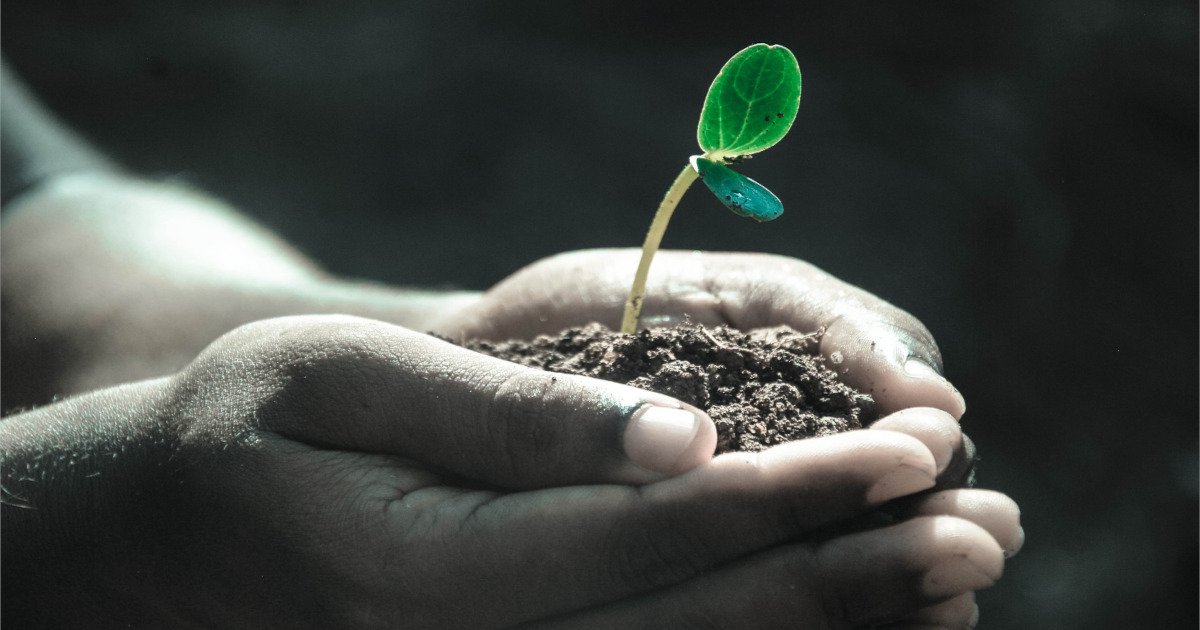
The End of Organic (As We Know It)
The fundamental concepts of organic farming have always been, “Feed the Soil, not the Plant,” and “Healthy Soil leads to Healthy Crops, Healthy Animals, Healthy People, and a Healthy Planet.” Now, those concepts have been turned on their head with a recent Appeals Court ruling that you don’t even need soil for growing terrestrial crops in order to be certified organic.
April 1, 2023 | Source: LinkedIn | by Jim Riddle
The fundamental concepts of organic farming have always been, “Feed the Soil, not the Plant,” and “Healthy Soil leads to Healthy Crops, Healthy Animals, Healthy People, and a Healthy Planet.” Now, those concepts have been turned on their head, with a recent Appeals Court ruling that you don’t even need soil for growing terrestrial crops, in order to be certified organic in the United States.
Will the 9th Circuit Court’s September 2022 ruling, which stated, “no part of the statute [Organic Foods Production Act] clearly precludes organic certification of crops grown hydroponically,” mean the end of organic farming, as we know it? Maybe. Maybe not.
If the ruling is allowed to stand, it will mean that crops grown using hydroponic methods can officially be certified as “organic,” as has been done by a handful of renegade certification agencies for a number of years.
